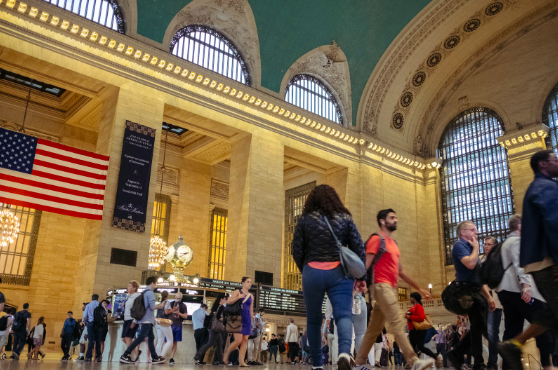A Day of Seeking Healthcare for the Undocumented and Uninsured
Credit to Author: Paola Ramos| Date: Thu, 27 Dec 2018 15:28:30 +0000
If you are one of the estimated 11 million undocumented immigrants living in the US, chances are the doctor’s office is not a familiar scene. From dire economic resources to language barriers and a crippling fear of deportation, immigrants face many hurdles to receive basic medical care in this country. Not only are approximately 40 percent of undocumented immigrants uninsured, but various clinics across the US have also reported a downturn in immigrants seeking appointments since the Trump administration took office. The national immigration debate is much more than a contentious battle to “fix” a broken system— for many, it’s a matter of life or death.
Carolina Ramirez is currently living that reality. When Ramirez fled Honduras for the United States in 2016, it took her one month to cross the border and several encounters with human smugglers, known as coyotes, who put her life at risk. Like many immigrants, she left her country behind in an effort to escape gang violence, as well as to seek medical care. Her right foot has been severely infected due to a growing ulcer that has been brewing in her skin for years. Ramirez had hoped that American doctors could provide the care she wasn’t able to find in Honduras, but she is still awaiting a diagnosis.
Ramirez’s ordeal is now in its second year. She has attempted to get a diagnosis from four different clinics in New York—all of which have failed to follow up with results. Ramirez is convinced this long waiting period is due to a “lack of urgency” that looms over patients who don’t carry enough money or papers. A visit to the doctor means a routine trip for many of us—but in Ramirez’s case, it entails hours of commutes, an anxiety driven by her inability to communicate in English, and an overshadowing fear of both rejection and reveal of her undocumented status. Ramirez’s foot infection has now severely limited her mobility and rendered her unable to work. To her, this is a scenario that seemed plausible in Honduras, but not in the United States.
For Ramirez, accessing healthcare is a daily struggle that is reflective of the experience of millions of undocumented immigrants living without insurance. We spent a day with Ramirez, following her to the doctor’s office to document the hurdles she faces in an attempt to live the life she sought when she came to the US.

Once Ramirez sets foot in New York City’s Grand Central, among thousands of morning commuters, she continues to keep her head down as she crosses the station. Timidly looking away, Ramirez focuses on making her way to the yellow cabs stationed outside. Everywhere she looks, effortless strides crisscross all around her as she slowly limps forward. From afar, this serves as a reminder for me of the long, arduous journey it took her to come to the US, and the painful ways in which this trek has not ended.
When we arrived to the clinic for Ramirez’s 10 AM appointment, the attendant looked at Ramirez’s family and said, “Your Doctor didn’t come in today. We can’t see you. We’ll see you next Tuesday.” What struck me most was that, rather than feeling disappointed, Ramirez accepted this rejection and didn’t contest it, as if dismissal was part of her norm.
Many hours, one sunrise, one car ride, one train ride, and a taxi cab later, and Ramirez had nothing to show for it. This is just one day out of two years of the same routine of seeking help, with different outcomes that lead to no concrete answers. Throughout the day, we witnessed an expression of cautious optimism turn into a sense of hopelessness that has now become a feature on Ramirez’s face. It lives in her stare, in the way she talks, and in the pain of her walk.
Ramirez is still awaiting a diagnosis, and millions of other immigrants across the country are also dancing in this familiar lingering limbo. It’s an uncertainty that plagues even the most joyous of moments and lingers as a dark cloud over their heads. But, just like Ramirez, they continue on—still driven by that initial hope this country promised them.
Follow Paola Ramos on Twitter.
Sign up for our newsletter to get the best of VICE delivered to your inbox daily.
This article originally appeared on VICE US.